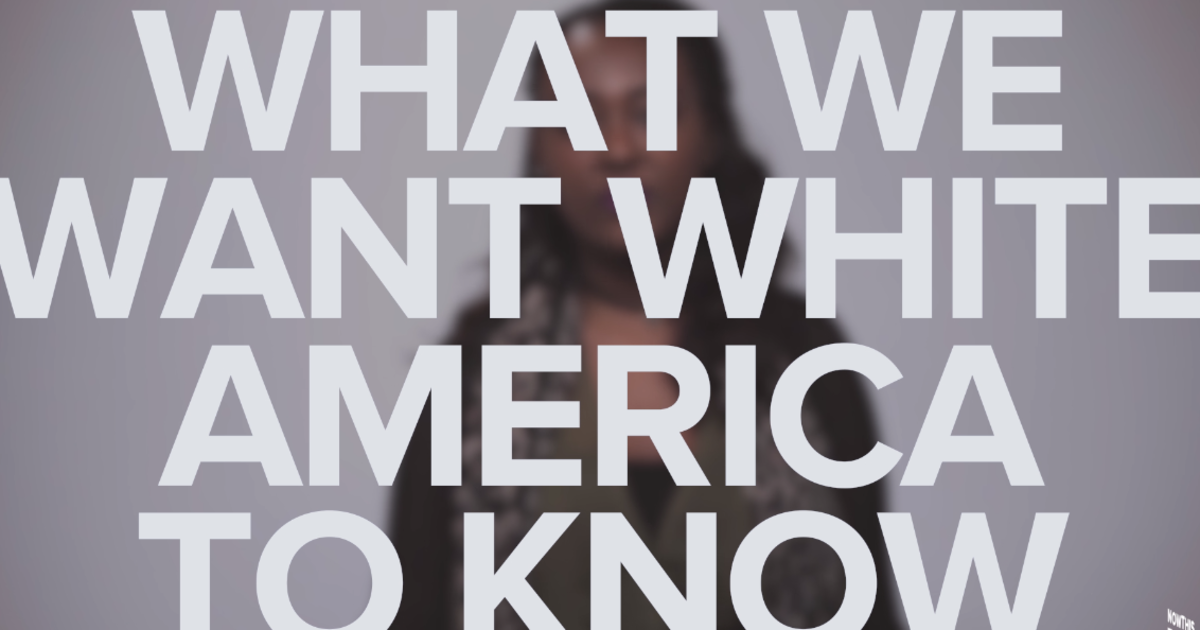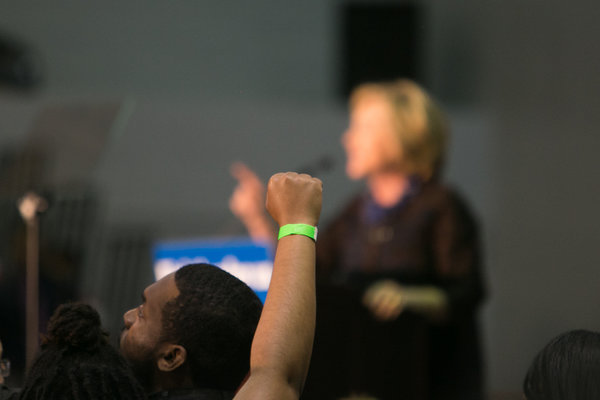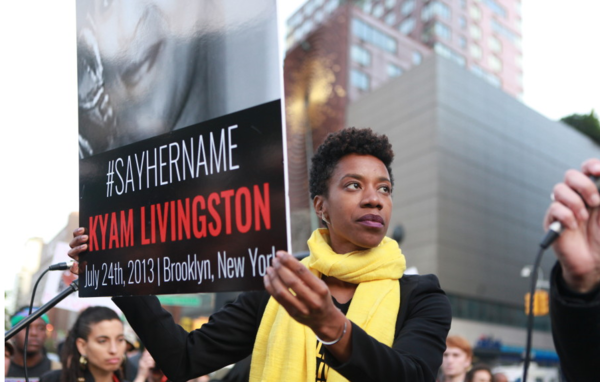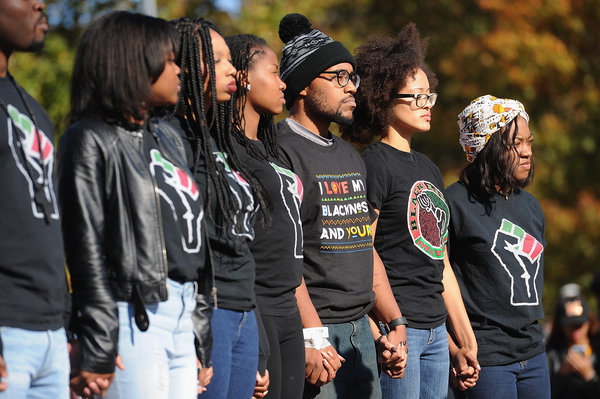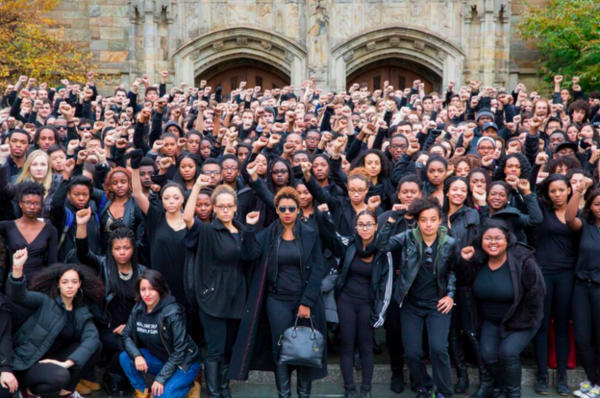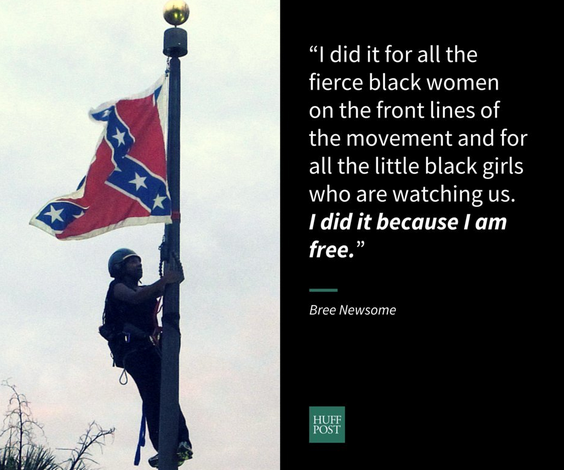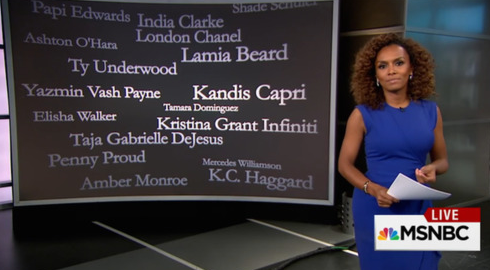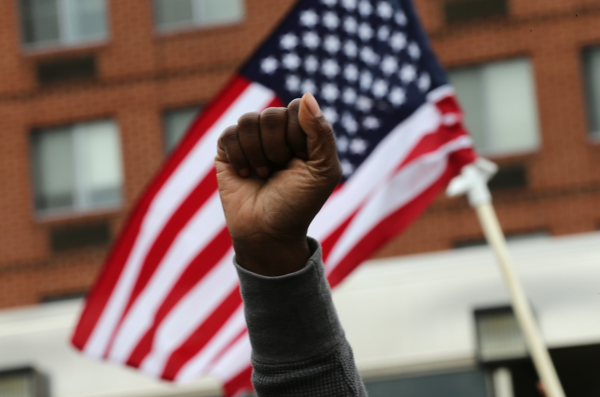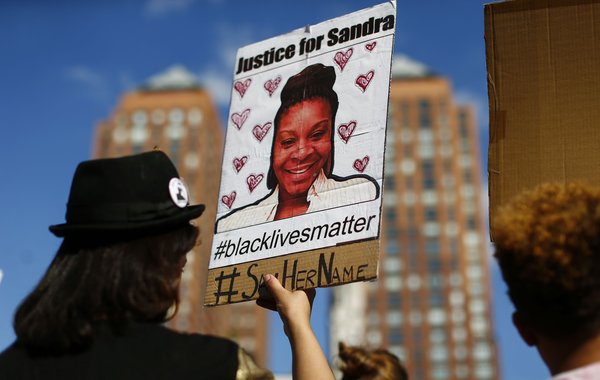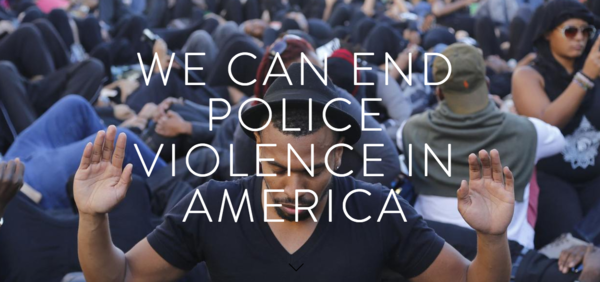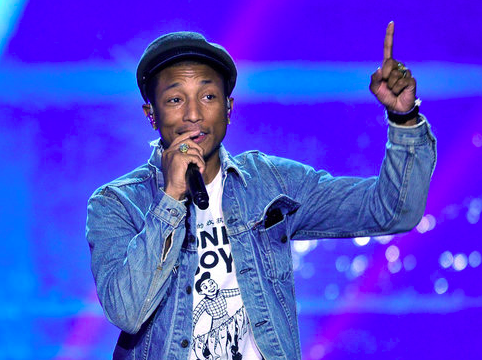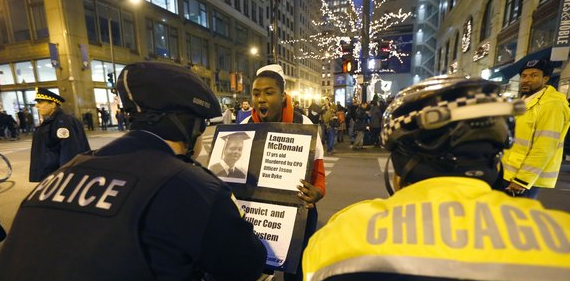2015 was a year not unlike many others when it comes to race in America.
In a lot of ways, it felt as though the worlds of white and black America couldn’t be further apart. Racial injustices, insults and aggressions from white people were as routine as the many times black folks banded together to speak out against them.
In the video above, the HuffPost Black Voices team is completely transparent about the things we want to set straight when it comes to race. While we certainly can’t list everything, we are honest about a few of the things we think, feel and want white America to know for 2016 — and every year following.
Watch and absorb, folks.
Also on HuffPost:
Jessica McGowan via Getty Images
Democratic presidential nominees Hillary Clinton and Bernie Sanders individually met with Black Lives Matter activists this year to discuss policing reform and racial injustice. The meetings marked significant moments which helped recognize the movement as a national political force. Both Clinton and Sanders spoke candidly about race and planned agendas to combat mass incarceration and criminal justice issues, which disproportionately affect black lives. In a separate meeting in November, mothers of slain black teens — including Trayvon Martin, Jordan Davis, Tamir Rice and Michael Brown — met with Hillary Clinton to discuss gun reform in America.
AAPF/Mia Fermindoza
Michael B. Thomas via Getty Images
In November, black student activists at the University of Missouri rallied together to protest the racial issues that they claimed had plagued their campus for years. More than 30 black football players refused to return the football field because they were fed up with the casual, everyday forms of racism they said they faced. Days later, faculty, students and state lawmakers called for the university’s president, Tim Wolfe, to leave. One student, Jonathan Butler, courageously started a hunger strike to protest the actions of the school’s president. Wolfe promptly resigned, signaling a significant moment for student-led activism and the fight for racial equality.
Ken Yanagisawa
Getty/HuffPost
MSNBC
The danger and disrespect transgender people face is part of an ongoing and difficult journey — and one that certainly does not escape trans people of color. Thanks to activists like Cherno Biko, Laverne Cox and Janet Mock, the voices of people of color in the trans community have been amplified. Mock brought national recognition to 17 tragic murders of trans women of color when she read aloud the names of these victims during a live broadcast on MSNBC in August. Black trans activists also joined forces with Black Lives Matter movement this year to ensure that all black lives matter.
Getty
During this year’s fall school semester, black students at the University of California rallied together to protest the university’s controversial $30 million investment into private prisons. On Friday, the school dropped the deal after meeting with students from the university’s Afrikan Black Coalition and listening to their demands. In a detailed letter written on Nov. 30, the student group wrote that the investments were “ethically embarrassing” and that private prisons turn “black, brown and immigrant bodies into profit under the guise of rehabilitation.”
KENA BETANCUR via Getty Images
Two months after Sandra Bland was found dead in her jail cell, local residents rallied together to demand her legacy live on. Bland died in police custody three days after she was arrested for a traffic violation in Waller County, Texas. Her death was ruled a suicide, but her family disputed the findings and have since filed a wrongful-death suit. In August, local protesters rallied together and marched to the city council building to demand the road where Bland was pulled over be renamed in her honor. The request was approved and the road, originally named University Boulevard, was changed to Sandra Bland Parkway.
Campaign Zero
In August, key leaders of the black lives matter movement came together to create Campaign Zero, a project that aims to combat cop violence by introducing a comprehensive list of proposals for police reform. The campaign digs deep into ways police — both on the state and federal level — can reduce their racial bias, undergo better training and wear body cameras at all times to help prevent police violence against black Americans.
getty
Many musicians have used their voices for much more than music. Some like John Legend and Pharrell have effectively used their talents and platforms to speak out — and sing — about the racial injustices that plague the black community. In November, some of music’s biggest and vocal stars teamed up for a one-night benefit concert on the A&E Network titled, “Shining a Light: A Concert for Progress on Race in America.” Through the power of performance, the black voices that graced the stage that night aimed to highlight how “the uncomfortable truth racial inequality and bias still impact our society.”
Getty
Activists have been keeping busy this year to provide independent platforms to “check the police,” which is exactly what the Police Union Contract project aims to do. The project, which launched in December and was founded by four key black lives matter leaders. It aims to take a detailed look at police contracts and how they fail to hold cops accountable. The platform is part of the movement’s Campaign Zero project and helps to tackle the broader, blistering issue of police violence against black Americans.




















